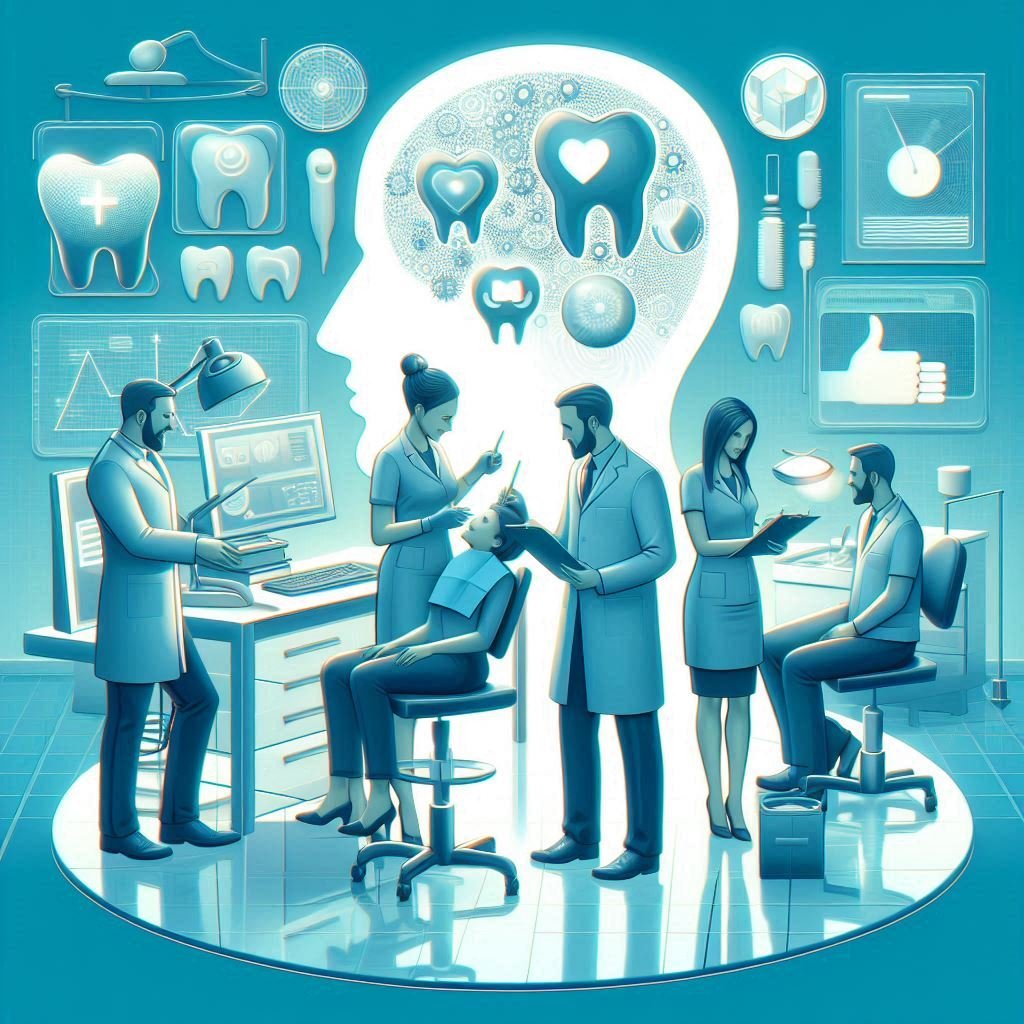Cultivating Psychological Safety: The Foundation for a Thriving Dental Team
Given the high burden of mental health in dentistry, creating a positive and productive work environment is essential for improving practitioner wellbeing as well as delivering exceptional patient care. There is so much focus on striving for clinical excellence that it is easy to overlook the importance of creating a psychologically safe environment for your team.
Psychological safety – the belief that all members of the team can speak up, ask questions, voice concerns or make mistakes without fear of negative consequences – is crucial for fostering a positive and productive workplace culture.
Psychological safety is a critical component of a healthy workplace culture, fostering open communication, collaboration, and a willingness to take calculated risks that can lead to innovation and growth. When team members feel psychologically safe, they are more likely to engage in constructive dialogue, share diverse perspectives, and actively contribute to problem-solving and decision-making processes.
On the other hand, an environment lacking psychological safety can breed fear, silence, and disengagement, ultimately hindering the practice's success. Team members may hesitate to raise concerns or suggest improvements, leading to potential issues going unaddressed and opportunities for growth being missed.
Here are some reasons why cultivating psychological safety should be a top priority in your workplace:
1. Improved patient care: When team members feel comfortable speaking up about potential issues or offering suggestions, it can lead to better decision-making and higher-quality patient care. Open communication allows for the identification and resolution of potential problems before they escalate, ensuring the best possible outcomes for patients.
2. Enhanced learning and growth: In a psychologically safe environment, team members are more likely to ask questions, seek feedback, and embrace opportunities for professional development without fear of judgment or repercussions. This fosters a culture of continuous learning and growth, enabling the practice to stay ahead of industry trends and advancements.
3. Increased job satisfaction and retention: Employees who feel valued, respected, and able to contribute their ideas are more likely to experience job satisfaction and remain committed to the practice. A psychologically safe workplace can help reduce turnover rates and the associated costs of hiring and training new staff.
4. Better problem-solving and innovation: Diverse perspectives and open dialogue can lead to creative solutions and innovative approaches to challenges faced in the dental practice. When team members feel safe to share their ideas without fear of criticism, it can spark new ways of thinking and drive positive change.
5. Stronger team cohesion: When team members feel safe to be themselves and express their thoughts and concerns, it fosters trust, respect, and a sense of belonging within the team. This cohesion can lead to improved collaboration, better communication, and a more positive overall work environment.
Creating a psychologically safe environment starts with leadership. But it’s not just up to the practice owners or managers – everyone has a leadership role and can model behaviours that encourage open communication, respect diverse perspectives, and foster a culture of learning and continuous improvement.

